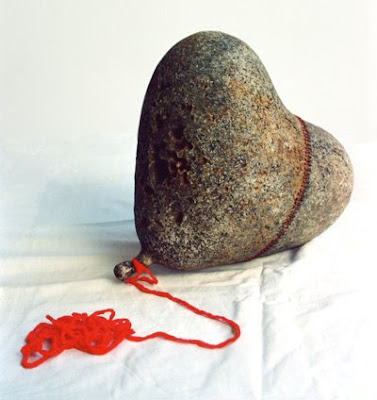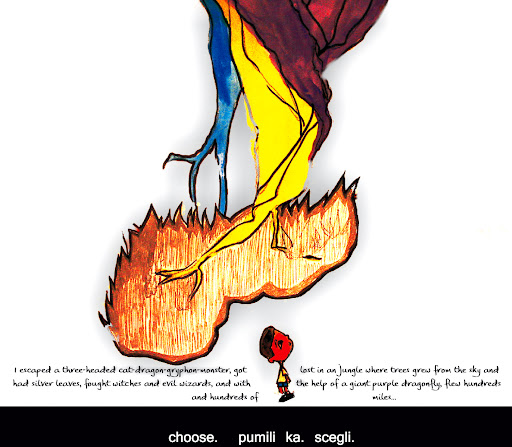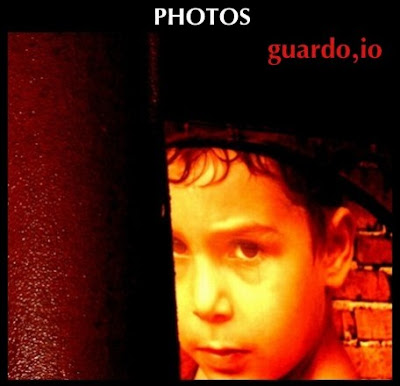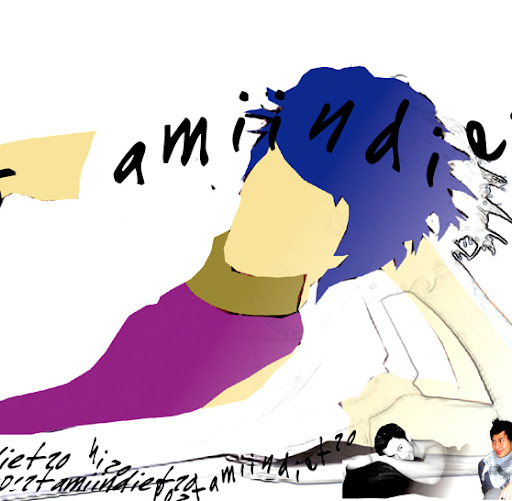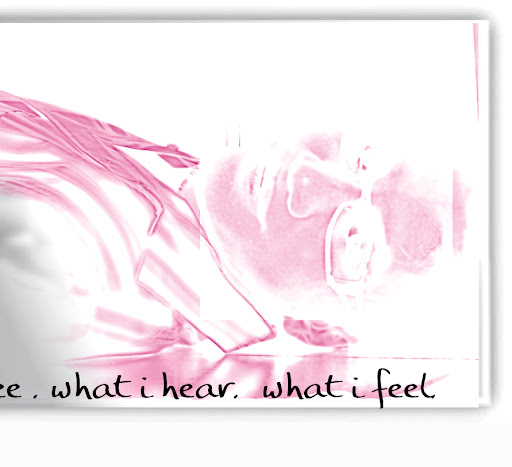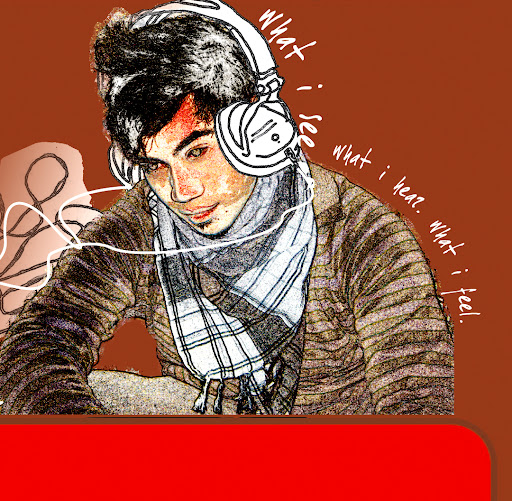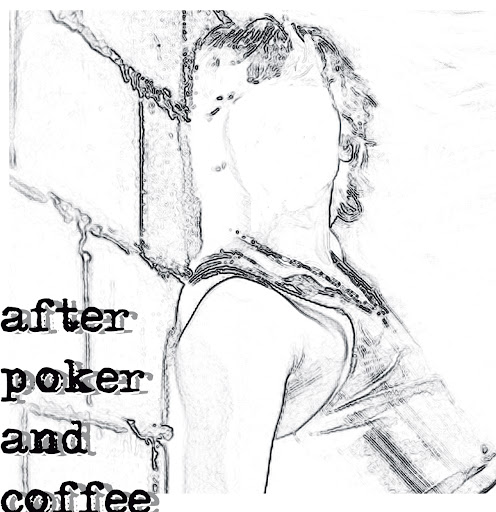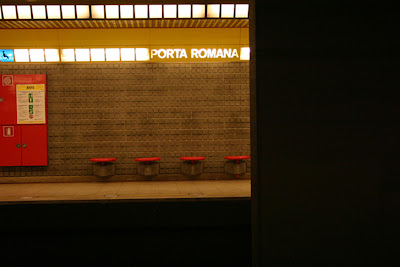
Wednesday. It's hell day.
My Wednesday usually starts on Tuesday (or you could say, my Tuesday usually stretches out up to Wednesday lol) but however you look at it, it's one of those long, dragging days when work just doesn't seem to end and when it does, you are depleted of all
energy. It's a wonder I can still get home. A 40-minute tram-to-metro journey. Ugh.
So after having taken the 9, I find myself reading in the subway. The book, Deepak Chopra's Buddha: A Story of Enlightenment, has been with me for two days already and I have still to get through the first chapter. People ask me why i lug around books all the time. There's your answer. It is while waiting for the subway train that I find the time to read.
I was just getting to more about this young man in line for the throne and for his father's kingdom - this young man who yearns for the outside world as much as I used to yearn for it - when i suddenly heard a voice. ANd it was directed at me.
James: Ch'oum poepgetsumnida. (How do you do?)
I turn. This (obviously) Korean guy was sitting beside me, him and a girl. Both were looking at me with smiles and expectant looks on their faces.
Cris: Ne. (Yes.) Annyong hashimnikka? ( Good evening.)
James: Are you Korean?*
* spoken in ENglish
Cris: Aniyo. (No. ) Yeongeorul malsum halsu isseoyo? ( Do you speak English?)
Jeo-nun han-kook-o-rul jo-gum-bah-ke mo-tahm-ni-da. ( I only speak a little Korean.)
James: Yes. SOrry. Thought you are Korean. I just got here.
Cris: (kinda figured that out, with their luggage and all) Are you guys here for vacation or business?
AT this point, I knew it was the guy that spoke better English because the girl was squinting at me so hard I knew she was hoping I would speak more slowly.
James: No. I got here today. SHe... living here in Italy.
Cris: davvero?!? (Really? - it just came out of my mouth. I didn't even think if they would understand me)
Irae: Si. Milano. (Yes. Milan)
So she understands Italian!!!
Cris: Ah! Ma da quanto che sei qua in Italia allora? (Ah! So how long have you been here in Italy then?)
Irae: Io... 9 mesi. (Me... 9 months)
Cris: Perche? (Now, it's James that's squinting! I was loving this!)
Irae: Studiare... Italiano. (Study...Italian.)
James: Namjachingu imnida. (I am his boyfriend... He said this with such a cute expression - it was like he was so proud and so happy of it! So sweet!)
(three of us laughed then, with Irae nodding her head in a meaningful way.)
Cris: Capito... QUindi lui è qua per farti una bella visita. (Ah. I understand. So he's here to visit you.)
Irae: Ye. (Si. Yes)
Cris: song-ha-mi oteoke dwesijiyo? (What is your name?) Mi chiamo Cris. Nice to meet you. Mahnnabwepge dweoseo bahngahpsoumnida. I am very glad to meet you.
I honestly was confused at this point because I could not figure out anymore whether to speak in Korean, English or Italian. I just went along with it. When I would say something in ENglish I would look at James more and if in Italian, at Irae. They would then talk to each other in rocket-speed Korean that would just be like a blur to me.
James: I'm James. And this is Irae. We're from Seoul. (Mi chiamo James. E lei è Irae. *I-re-e.Veniamo da Seoul.)
Cris: Bello! (Beautiful!)
Irae: Cri--- Cris, vero? (i nod). Tu - Milano - studiare? O lavorare? (It's Cris, right? You- here in Milan - studying? Or working?)
Cris: No. Io sto lavorando come grafico e scrivo anche per un giornale. Dovrei studiare piu la lingua Italiana. (No. I'm working as a graphic artist and I also write for a newspaper. I should actually study more the Italian language.)
Irae: Da quanto tu a Milano? Abiti qua? DOve? (How long have you been here? DO you live here? Where?)
Cris: Oh, I've been here 4 years. I live in the zone Turro. (Ah. Sto qua da 4 anni. Abito a zona Turro.)
JAmes: ANd your family? (e la tua famiglia)
Cris: No. I'm alone here. Sono da solo. Gajok? (family/famiglia) Niente. Sono tutti nelle Filippine. (My whole family's back home in the Philippines.)
Irae: Anch'io! Naneun...Seulpeoyo.
Cris: ah... seulpeoyo... ?
James: seulpeoyo... Sad. That's why I come. But, only for one month! (Triste.
è per quello che sono venuto. Ma solo per un mese.)
Cris: Choe-song-ham-ni-da. Chonun hangungmal chal-mo-tae-yo. (I'm sorry. My Korean is soooo bad. Scusa.... Parlo male il Koreano.)
Irae: Kok-tchong ma-se-yo! Tu parli benissimo anche Italiano! (DOn't worry! You speak good Italian too!)
Irae: (takes out phone) Noi..scende Pasteur. chiamiamo?
AT this, I was flustered again. ANd I think she mistook it for me not understanding what she meant. She repeated it, gesturing to her phone and then pointing to me and to herself. BUt in truth, i was just surprised that she wanted to exchange numbers so fast after just meeting each other. I looked at James and he was nodding so yeah....)
Irae: (after saving the number in her phone. she mispelled Cris , she did it with a K but that was ok. It was already Loreto and they had to get off at the next stop)
Cris: Allora grazie. Ci sentiamo. Usciamo forse, a fare le foto. Farlo vedere la città. (to James) Show you the city. YEs? (Then thanks. LEt's talk soon. Maybe we can go out, take some photos. Show him the city.)
James: Thank you. Yes. Annyonghi kashipshiyo.
Cris: Mannaso, pangapssimnida. (Nice to meet you! Lieto di incontrarti!)
James: (laughing) You too!
Irae: Ciao!
Cris: Bye! Ciao!
Two stops later, it was Turro. AS I got out, i had this rush of exhiliration. I love that feeling!!! It's like being alive, being connected to the earth, to life, to people!
In my life, it's only happened four times. One, with one of my closest buds, Jong (who, strangely, looking back at this night's incident) is also Korean but lives in Hongkong. We met at a bicycle path and almost ran each other to the ground.
Second time, with Gary. This AMerican guy at the Feltrinelli Library. We still keep tabs on each other, he's in London now. But i think he's coming back to Milan in May for a vacation.
Third time, was with Jeni. It was after the first day of school in this Italian university that holds free Italian classes for foreigners. I was reading (hmmm...maybe that's the key to meeting people... I should read more in the subway) and she just plopped her pretty self right next to me and asked me, Are you FIlipino? I said yes. Her second question would be the "gist" of it all. She asked me if I was single, sane and straight. I answered yes, yes and no. That would cement our friendship and up to now we're still the best of friends, and pretty soon, roommates!
Let's hope this fourth encounter would bless me with two new friends.
Tto bwepkessimnida!!! See you later! A dopo!











